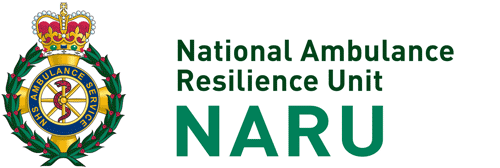I have today laid before the House the Intelligence and Security Committee’s review of the intelligence on the London terrorist attacks in July 2005 (Cm 7617).
I would like to convey once again my condolences to the families of those killed and pay tribute to the courage shown by the survivors of the July 7 bombings.
I am grateful to the Committee for its work in producing this review. It is the product of careful and extensive research. The material published today testifies not only to the Committee’s thoroughness, but also to the government’s commitment to accountability and transparency in matters related to the intelligence and security agencies. As usual, this follows consultation with the Committee over material that could not be published without prejudicing the work of the agencies. Publication of this review has been delayed due to related legal proceedings.
The government accepts the Committee’s assessment that decisions made during the CREVICE investigations were understandable and reasonable in the light of information available at the time, and in the context of the increasing number of priority investigations occurring at the same time. The review shows that there is no evidence to support various allegations about clues or ignored warnings. The police and the intelligence and security agencies receive many pieces of intelligence on potential terrorist threats from multiple sources. Intelligence is often fragmentary and of varying reliability; and terrorists go to great lengths to conceal their intentions.
Analytical judgements and decisions have to be made on the basis of the information available at that time, and the prudence of those decisions can only properly be assessed in that context – not with the benefit of hindsight.
The Committee rightly points to the need for improvements in exploiting information held by the police and the intelligence and security agencies, and in maintaining statistics on terrorist-related convictions. These issues are being addressed, as is reflected in the government’s new CONTEST counter-terrorism strategy, published earlier this year.
Additional resources were provided by the government for counter-terrorism work in both the 2004 and 2007 Spending Reviews. There has been a significant increase in dedicated police counter-terrorism resources; and the intelligence and security agencies have also expanded and continue to expand resources to develop their capabilities. Lessons have been learned from each investigation. The police and the agencies have helped save many lives and prevented serious injuries and disruption. However, as the Committee makes clear, there can be no absolute guarantee in terms of disrupting terrorist attacks.
